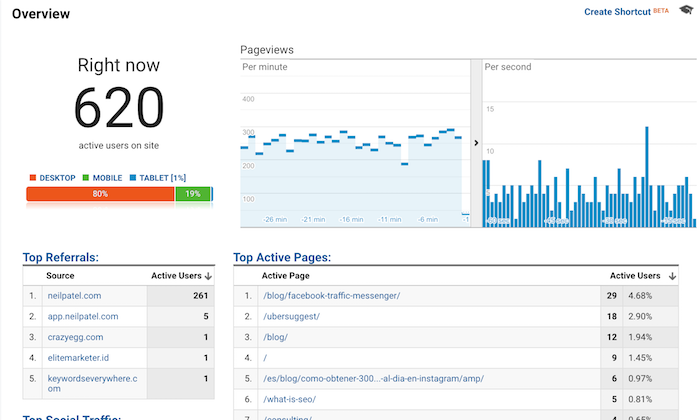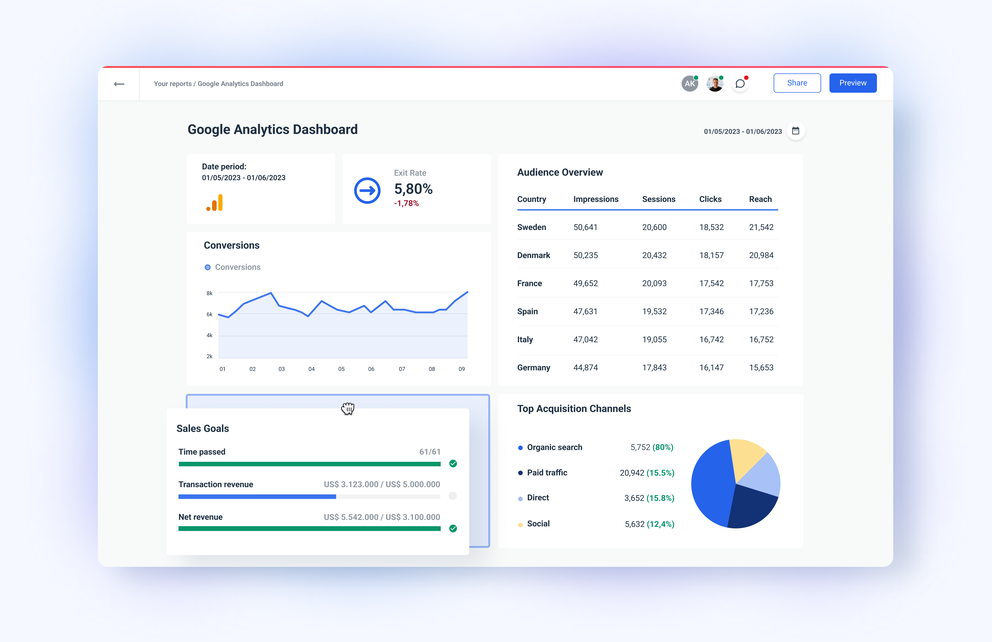Secret Factors To Consider for Marketing Experts: When Does the Google Analytics Tracking Code Send an Event Hit to Analytics?
Secret Factors To Consider for Marketing Experts: When Does the Google Analytics Tracking Code Send an Event Hit to Analytics?
Blog Article
Master Website Insights With Accurate Google Analytics Monitoring Code
The reliable use of Google Analytics rests on the precise implementation of its monitoring code, a basic step often ignored by site proprietors. This apparently simple JavaScript bit, when properly placed, ends up being the foundation of data collection, supplying understandings right into customer actions and site performance. Nevertheless, obstacles can arise throughout setup, possibly skewing the information and resulting in mistaken choices. Understanding these ins and outs is crucial for maximizing the advantages of analytics. What are the typical risks that could weaken your monitoring initiatives, and exactly how can you guarantee accuracy in your strategy?
Recognizing Google Analytics Basics
Google Analytics is an important tool for internet site proprietors and marketing experts, offering invaluable understandings right into user habits and web site efficiency. At its core, Google Analytics collects data about visitors to a site, allowing users to analyze metrics such as website traffic sources, individual interaction, and conversion rates. Recognizing these principles is critical for optimizing a website's efficiency and enhancing individual experience.
The system employs cookies to track interactions, recording information such as page views, session durations, and bounce rates. This info is accumulated and presented via customizable control panels, enabling users to visualize patterns with time. Key efficiency indicators (KPIs) can be kept an eye on, such as the overall variety of individuals, brand-new versus returning site visitors, and the geographical circulation of the audience.
Furthermore, Google Analytics uses segmentation features, permitting individuals to separate details web traffic resources or user demographics for even more targeted analysis. By understanding these foundational aspects, website owners can make enlightened decisions about content method, advertising and marketing campaigns, and general website renovations. Eventually, recognizing Google Analytics fundamentals is important for leveraging data to drive development and accomplish business goals effectively.
Setting Up Your Tracking Code

Replicate the supplied tracking code and paste it into the HTML of your web site. This makes certain that the monitoring code loads prior to any kind of various other material, allowing it to capture information accurately.
After setup, verify that the tracking code is working appropriately by utilizing Google Tag Assistant or the Real-Time records in Google Analytics - when does the google analytics tracking code send an event hit to analytics?. This action is vital to confirm that your information collection is precise and energetic, establishing the structure for informative analysis
Usual Monitoring Code Issues
This might take place when the tracking code is placed in the wrong area of the website's HTML, usually leading to missing or insufficient information. Additionally, having several circumstances of the monitoring code on a solitary page can result in inflated metrics, as user communications might be counted a lot more than once.
An additional problem develops from making use of ad blockers, which can prevent the tracking code from performing altogether, thus skewing data. when does the google analytics tracking code send an event hit to analytics?. Moreover, failure to set up filters properly can result in the exclusion of necessary traffic resources or the incorporation of undesirable reference spam, distorting the information collected
Website proprietors might likewise neglect the significance of tracking code updates, specifically when migrating to Google Analytics 4 (GA4) from Universal Analytics. Last but not least, insufficient testing prior to introducing modifications can lead to undetected errors in the tracking code, additionally my site making complex data dependability. Resolving these usual problems is essential for making certain accurate tracking and informative analytics.
Analyzing Web Site Information Effectively
Accurate information collection is only the primary step in leveraging Google Analytics; the real value depends on properly assessing that data to drive informed decision-making. To achieve this, it is important to determine key efficiency indicators (KPIs) that line up with your business goals. Concentrate on metrics such as conversion rates, individual engagement, and website traffic resources, as these will certainly give insights right into individual actions and the total efficiency of your website.
Utilizing Google Analytics' division features permits a deeper understanding of your target market. By damaging down information right into Check This Out details demographics, actions, and traffic channels, you can uncover patterns and patterns that educate targeted approaches. Executing customized records and dashboards can enhance this procedure, allowing quick access to important information.
Furthermore, frequently evaluating information trends with time helps to determine abnormalities and chances for enhancement. Make use of visualization tools to existing data in an easily absorbable layout, facilitating more reliable interaction with stakeholders. Inevitably, the capability to evaluate internet site data efficiently empowers services to make strategic choices that improve customer experience, maximize marketing initiatives, and drive growth.

Best Practices for Accurate Tracking
Implementing reliable monitoring techniques is essential for acquiring reliable information in Google Analytics. To guarantee accurate tracking, start by properly setting up the Google Analytics tracking code on every page of your site. This can be completed with a tag supervisor or by straight embedding the code into the HTML.
Following, configure your Google Analytics account to exclude internal web traffic. This can be done by establishing filters that determine and eliminate check outs from your company's IP address, thus avoiding skewed data. In addition, use occasion monitoring to keep an eye on details individual communications, such as downloads or video clip plays, which typical page views may neglect.
Routinely examine your monitoring configuration to validate that all go to this site functions, such as goals and ecommerce monitoring, are functioning effectively. Develop a consistent naming convention for your projects and occasions to facilitate simpler coverage and analysis.
Finally, take into consideration leveraging UTM specifications for projects to acquire understandings right into the performance of various marketing efforts. By complying with these best practices, you can enhance the accuracy of your data collection and analysis, inevitably causing more enlightened decision-making for your site.
Final Thought
By making sure the monitoring code is correctly put and routinely audited, website owners can capture essential customer interaction information, therefore facilitating the recognition of crucial performance indications. Ultimately, a durable tracking structure improves the capability to drive interaction and boost overall internet site efficiency.

Not enough testing prior to launching changes can result in unnoticed mistakes in the monitoring code, better making complex information dependability.Applying reliable tracking practices is crucial for getting trusted information in Google Analytics. By guaranteeing the tracking code is properly put and frequently audited, web site proprietors can record vital user interaction data, therefore assisting in the identification of key efficiency indications.
Report this page